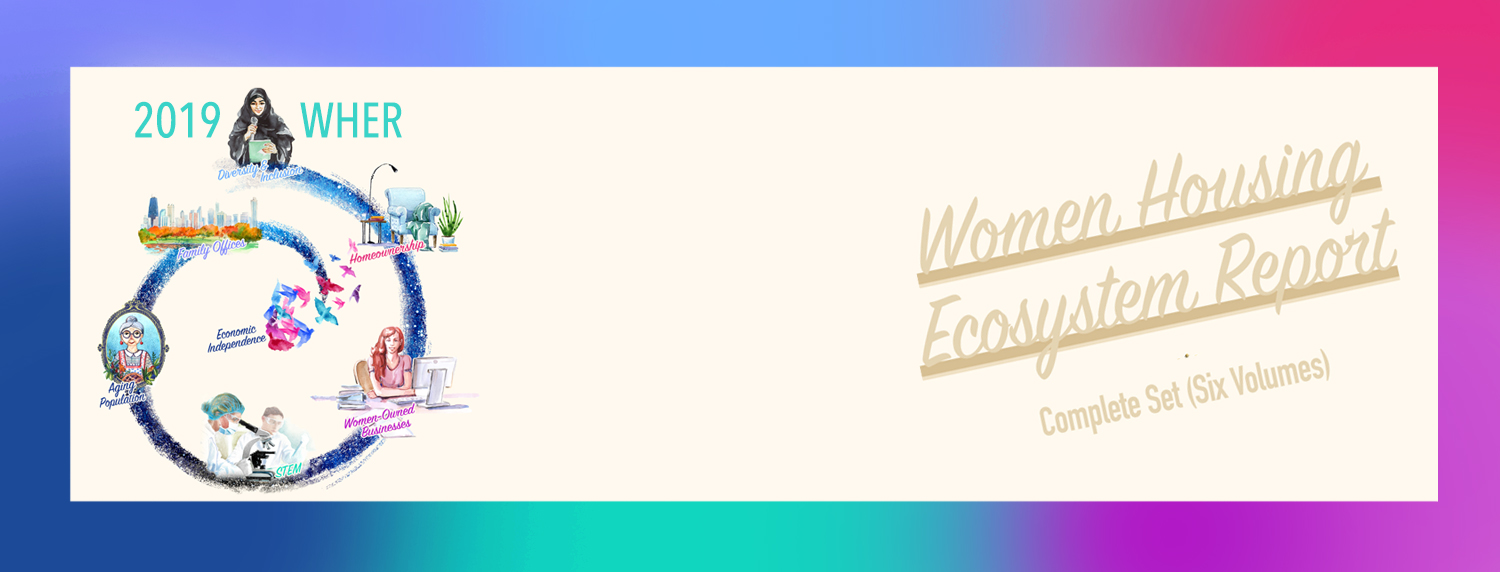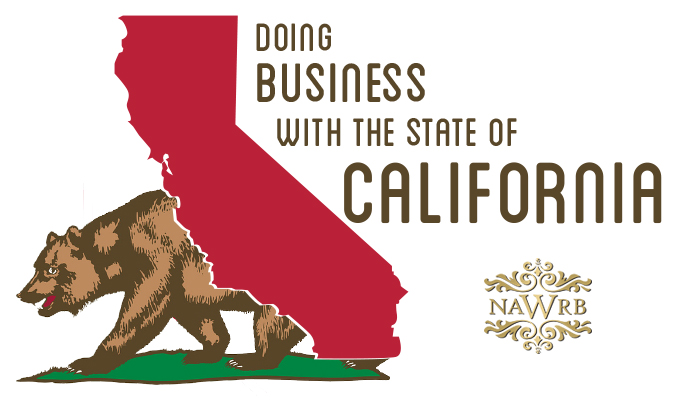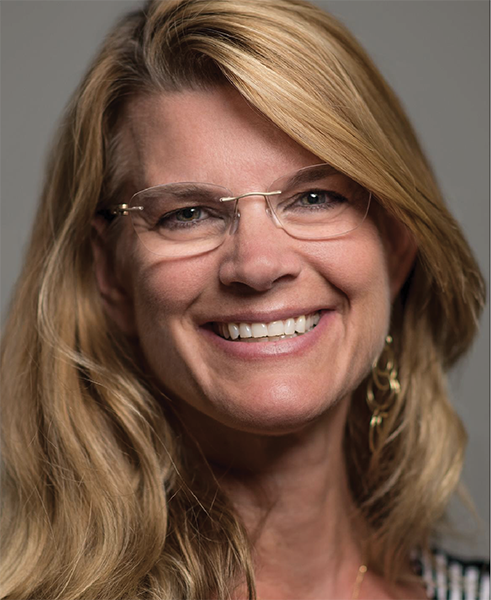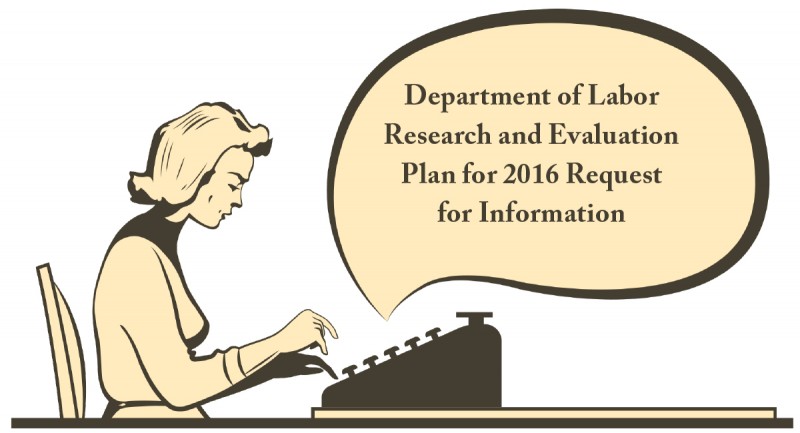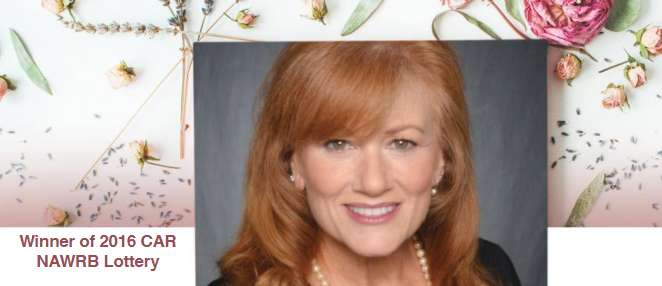The California state government spends approximately $10 billion annually on goods, services and public works.
Do you own or work for a small business? Are you interested in expanding your client base? Perhaps you should look into the government sector. The State of California does business with numerous Small Businesses (SB) throughout the state, buying products and services in IT, construction, temporary labor and even pencils.
The state’s Department of General Services (DGS) Procurement Division (PD) is the central purchasing authority for all state departments, agencies, institutions, community colleges, technical institutes and city or local boards of education.
Certification:
Why get certified with the state? California state government requires state agencies to award at least 25 percent of their annual contracting dollars to certified SBs and at least 3 percent to certified Disabled Veteran Business Enterprises (DVBE).
The state may also give a 5 percent bid preference to certified SBs and may offer up to a 5 percent incentive to DVBEs in the formal bidding process. As a California certified SB and/or DVBE, your business is added to the DGS database, which state agencies and all our resource partners use to find SBs and DVBEs. With these certifications you are also eligible, under the Prompt Payment Act, for higher interest penalties for late undisputed invoice payments.
All California state agencies and departments may use a streamlined procurement process known as the SB/DVBE Option by contracting directly with a California-certified SB or DVBE for goods, services and information technology goods and services valued from $5,000.01 to $249,999.99 (up to $281,000 for public works contracts) after obtaining price quotes from at least two SBs or two DVBEs.
The State of California established the Small Business (SB) and Disabled Veteran Business Enterprise (DVBE) Certification Programs to increase business opportunities for the SB and DVBE community. The programs help SBs and DVBEs participate on a more level playing field when competing for state contracts. Our goal is to ensure all California businesses have access to state opportunities.
The SB and DVBE supplier community are important not only to state agencies, but also to our 60-plus reciprocity partners, local government, municipalities and large businesses looking for subcontractors. Along with their own preference programs/certifications, they also honor the state’s SB and or DVBE certification.
If you are considering certification, listed below is the certification criterion for SBs and or DVBE owners.
For Small Businesses:
–Be independently owned and operated.
–Cannot be dominant in the field of operation.
–Principal office located in California.
–Owners or officers legally reside in California.
–100 or fewer employees.
–Annual gross receipts average $14 million or less over the previous three tax years.
For Disabled Veteran Business Enterprises:
–At least 51 percent owned by one or more disabled veterans.
–Daily business operations must be managed and controlled by one or more disabled veterans. The disabled veteran(s) who manages and controls the business is not required to be the owner(s).
–Home office must be located in the United States and cannot be a branch or subsidiary of a foreign corporation, foreign firm, or other foreign-based business.
How can you apply for certification? If your business meets the eligibility requirements for state certification, register your business and submit your application today by visiting our new Cal eProcure website at the following link: www.caleprocure.dgs.ca.gov.
For more SB/DVBE information, go to: www.dgs.ca.gov/pd/getcertified or for SB/DVBE certification assistance, call (916) 375-4940 Monday through Friday (except state holidays) from 8 a.m. to 5 p.m.
Bidding Opportunities:
Cal eProcure allows bidders to upload bids/proposals in response to online solicitations. You can also track bid progress, learn about pre-bid events and access contract award and other relevant information. There is no fee for you to register, receive email or fax notifications, download or respond to the state of California’s bid solicitations on Cal eProcure.
Small businesses can also access the California State Contracts Register, a central information source for state contracting
opportunities. This system gives businesses access to bidding and contracting resources, as well as their certification profile, in one location.
DGS also serves as business manager for the state of California. We help to better serve the public by providing a
variety of services to state agencies through procurement and acquisition solutions, real estate management and design, environmentally friendly transportation, professional printing, design and Web services, administrative hearings, legal services, building standards, oversight of structural safety, fire/life safety and accessibility for the design and construction of K-12 public schools and community colleges and funding for school construction.

What’s New?:
Getting the help you need to do business with the state of California just got easier. The DGS/PD, in partnership with the California Department of Technology, released a brand new tool to put small businesses in touch with the resources they need. The mobile application can be downloaded by both iOS and Android users at the following link: http://apps.cta.ca.gov/EMC/SBDVBE.
With the tip of their fingers, business owners can access information on outreach events happening across the state that provide education on the state certification process and business opportunities. You will also have access to a list of upcoming events, workshops and training opportunities by region, mapping directions to the events nearest your location and event contact and registration information.
For more information on the mobile application, contact the DGS Procurement Division’s Communication & Outreach Section by sending an email to advocate@dgs.ca.gov. Visit the following link for information on upcoming outreach events: http://tinyurl.com/np52g9m.
Resources:
The Office of Small Business & Disabled Veteran Business Enterprise Services (OSDS) Communications & Outreach section assists SBs and DVBEs by participating in outreach events, providing resource guidance and supporting the businesses through advocacy. To find upcoming events coming to you, visit: http://www.documents.dgs.ca.gov/pd/events/SBDVBEevents.pdf
Although information about your state-certified small business will be included in databases that are accessed by state purchasing officials, your business must still market its products or services. You find advocates from state agencies to learn of pending solicitation at http://www.dgs.ca.gov/pd/advocate and what state agencies buy and the dollar amount of the contracts at http://www.dgs.ca.gov/pd/Programs/caleprocure/SCPRSData.aspx. State government information and services can be found using the California Online Directory at www.cold.ca.gov.
For Small Business and Disabled Veteran Business Enterprise certification program related inquiries: Office of Small Business & Disabled Veteran Business Enterprise Services (OSDS) OSDSHelp@dgs.ca.gov, (916) 375-4940. For state procurement related inquiries: Department of General Services (DGS), Procurement Division custserv@dgs.ca.gov, (800) 559-5529.
 Michael Aguillio
Michael Aguillio
SB/DVBE Liaison
Procurement Division, Certification & Outreach
State of California, Department of General Services

 Login
Login





